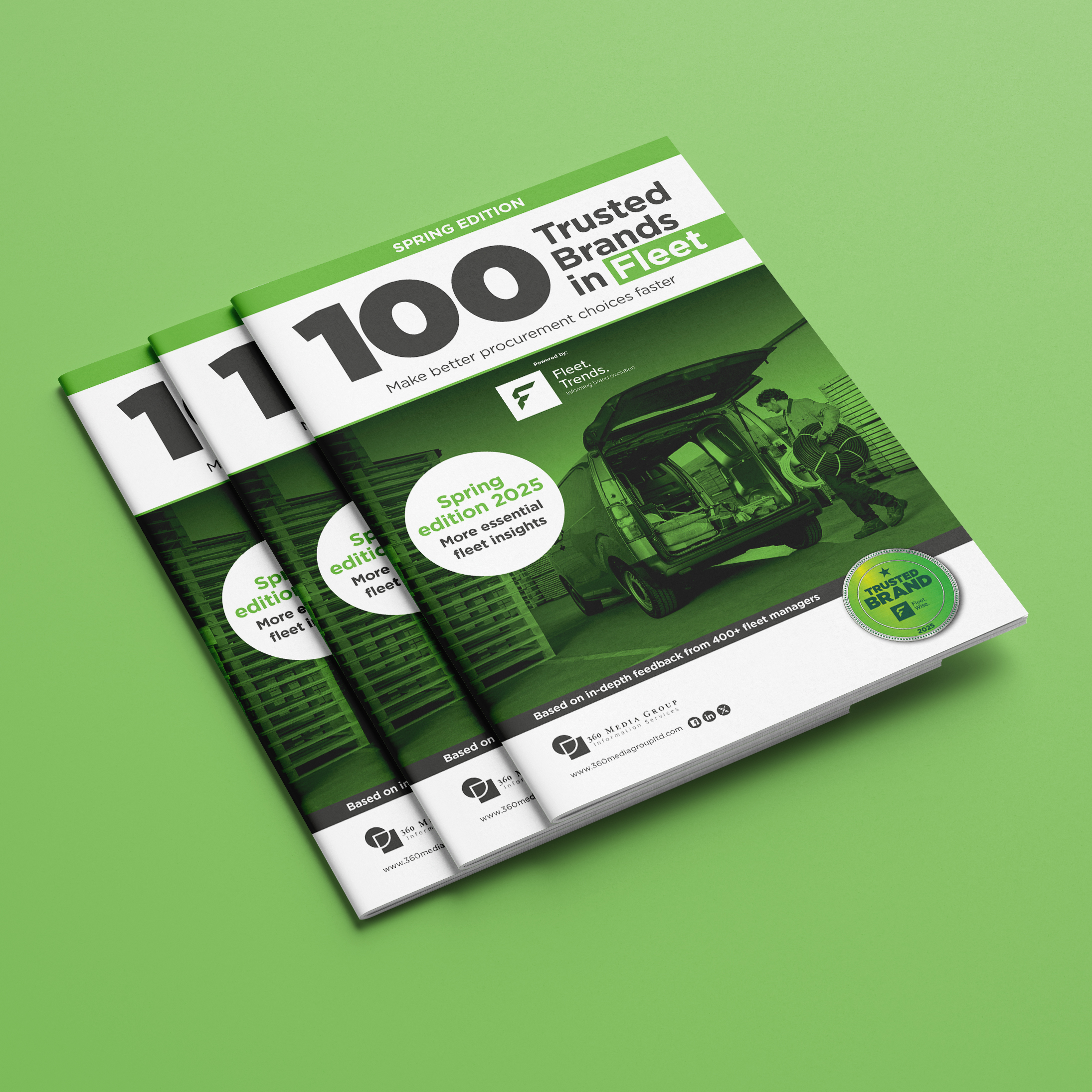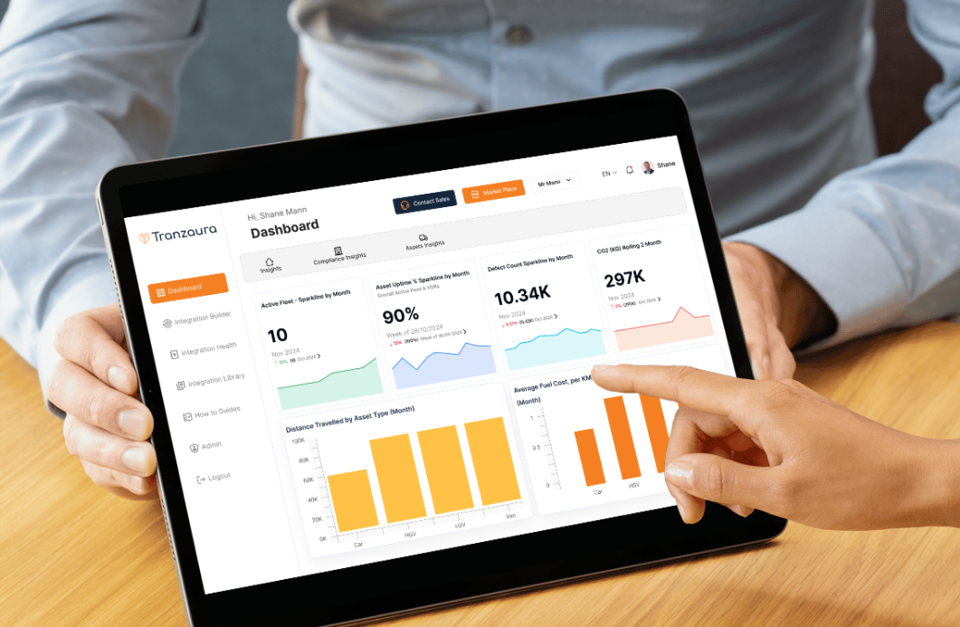
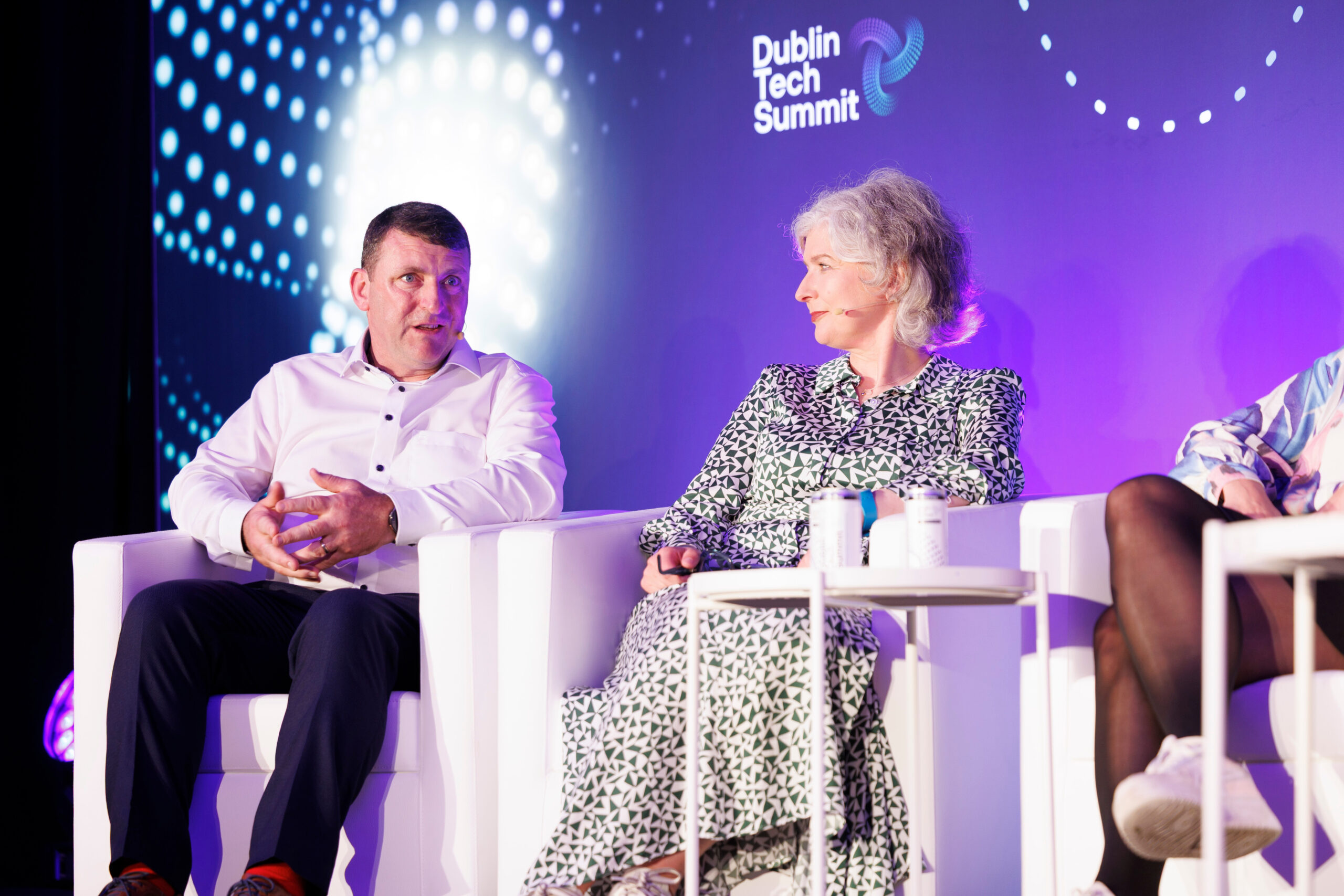
At this year’s Dublin Tech Summit, our CEO, Shane Mann featured on an insightful panel discussion on the Main Stage of the RDS, titled “Welcome to the Sentient City”.
The panel brought together a dynamic group of voices exploring the intersection of urban design, digital infrastructure, and human experience. The panel featured Shane, alongside Kathryn Lynch, CEO and Founder, Chronos Consulting; Maya Pindeus, AI Expert and Co-Founder, Another Earth; and Etienne Louvet, Founder and CEO, IONA, chaired by Joan Mulvihill, Digitalization and Creativity Evangelist at Siemens.
The conversation centred on what it truly means to create cities that are not just smart, but sentient — places that understand, adapt to, and reflect the needs and emotions of the people living within them.
Shane spoke about Tranzaura’s position at the heart of the transport industry, supporting both freight and passenger movement in and out of cities.
“We’re very, very close to supply chains that help move goods and freight into cities. But we also do a lot of work with bus companies, so we know what goes into moving people around cities — and what happens in the dark at night and in the early mornings that people don’t see to make sure cities work,” he said, setting the stage for a conversation grounded not just in theory, but in the operational realities of urban life.
A key theme that emerged was how the physical and architectural makeup of cities directly influences how people experience them. The panel reflected on how, in cities like Paris and Dublin, the clash between old and new can sometimes lead to spaces that feel disconnected from the communities they serve. Shane highlighted Murino in North Dublin, designed in a crescent formation, as an example of how thoughtful urban planning can foster a stronger sense of connection and community, compared to more rigid, utilitarian layouts.
It was clear from the discussion that the bigger issue is, without cohesion between infrastructure, technology, and the human experience, cities risk becoming fragmented, impersonal spaces. The panel agreed that while digital solutions — from AI-driven traffic systems to smart buildings — offer incredible potential, they must be built around how cities feel, not just how they function.
As Shane put it, “Technology is a pillar in this, but it’s just one. It only works if it’s aligned with how cities feel, how communities live, and if everyone — from policymakers to tech providers to local people — comes together on it.”
Technology should act as an enabler rather than a replacement for meaningful, people-first urban design.
See more on the panel and Dublin Tech Summit 2025 here: Agenda – Dublin Tech Summit
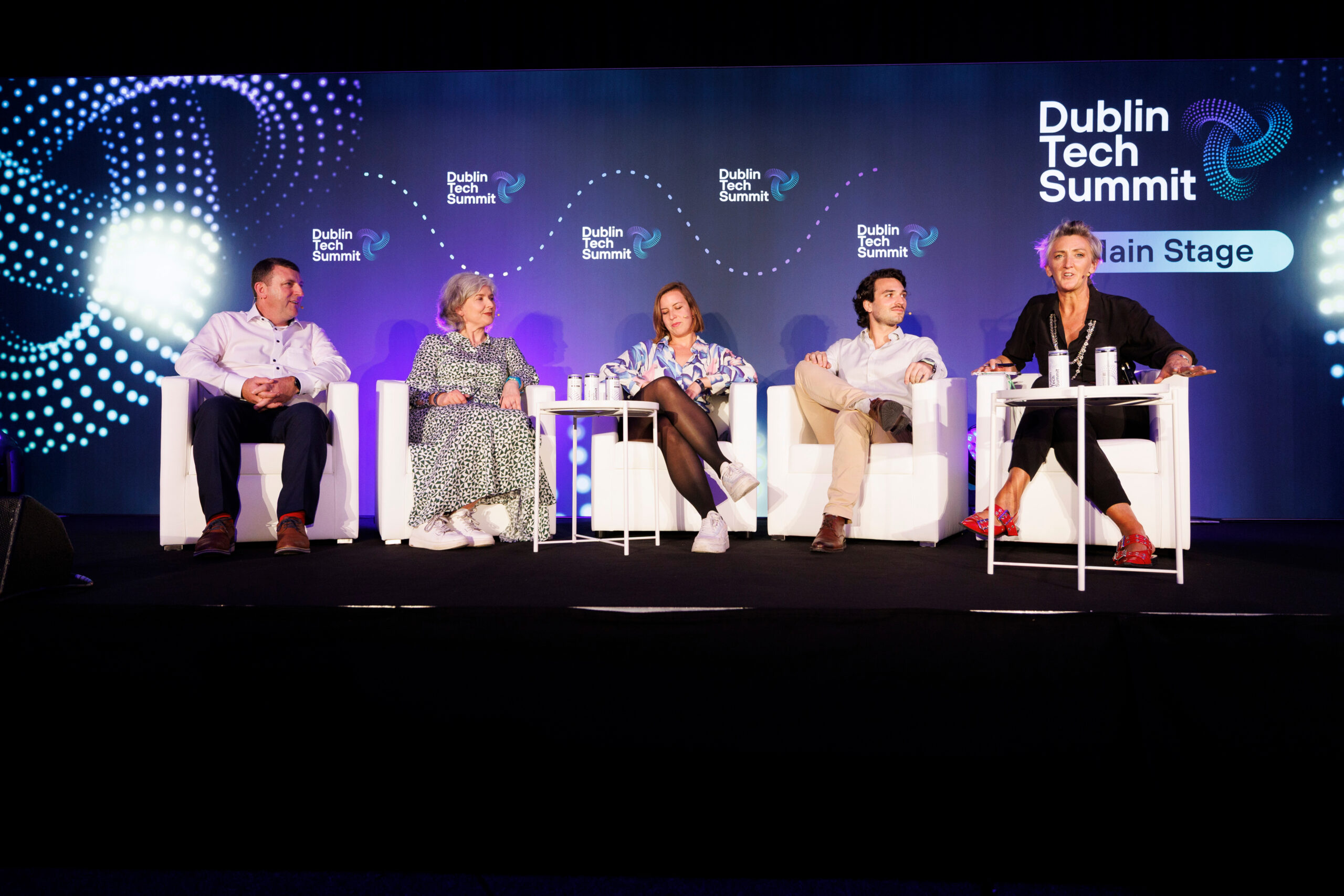
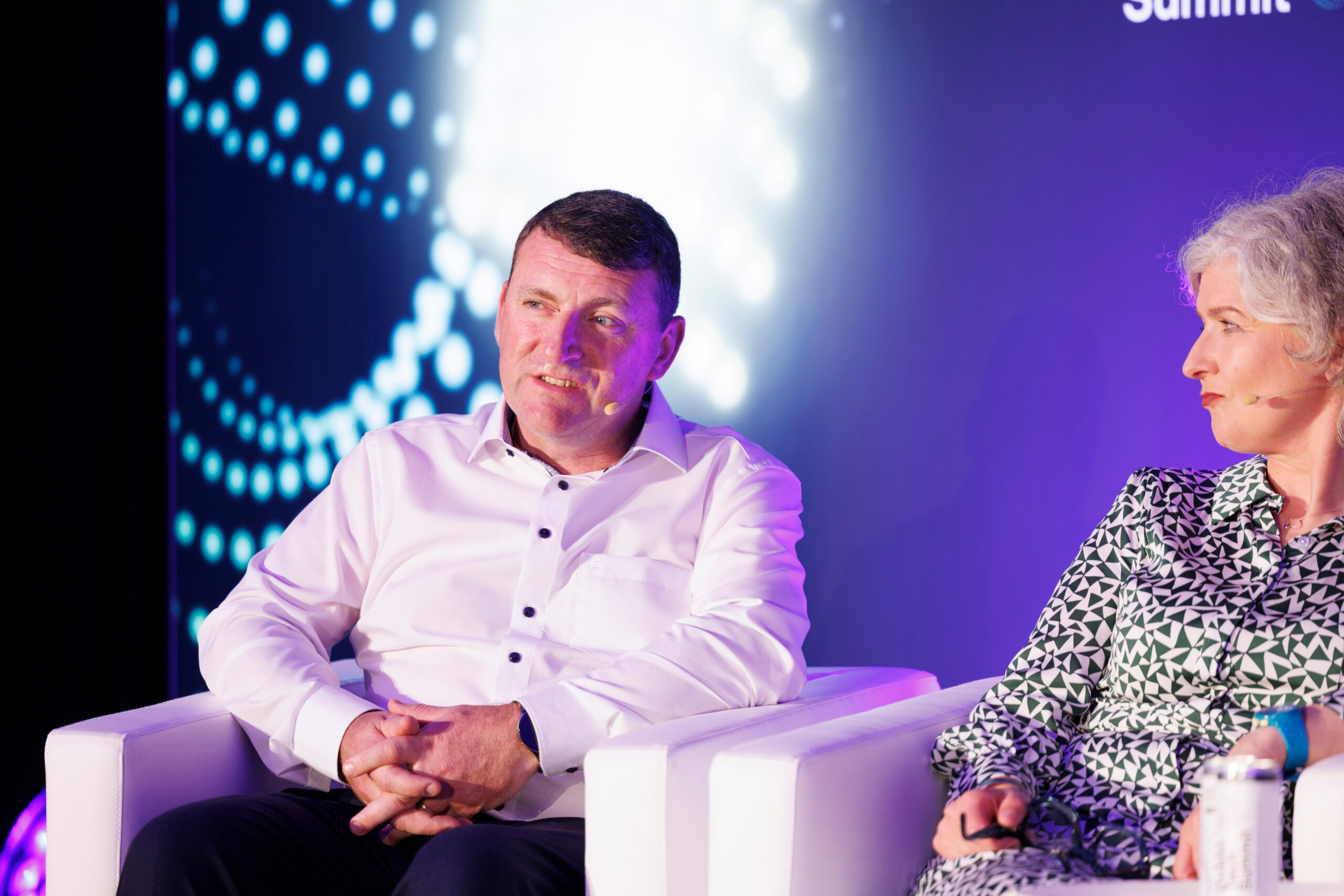

Ready to try FleetNow?
Try FleetNow Insights first, or dive straight in and experience some of our AI-powered intelligence tools or cloud software solutions.


